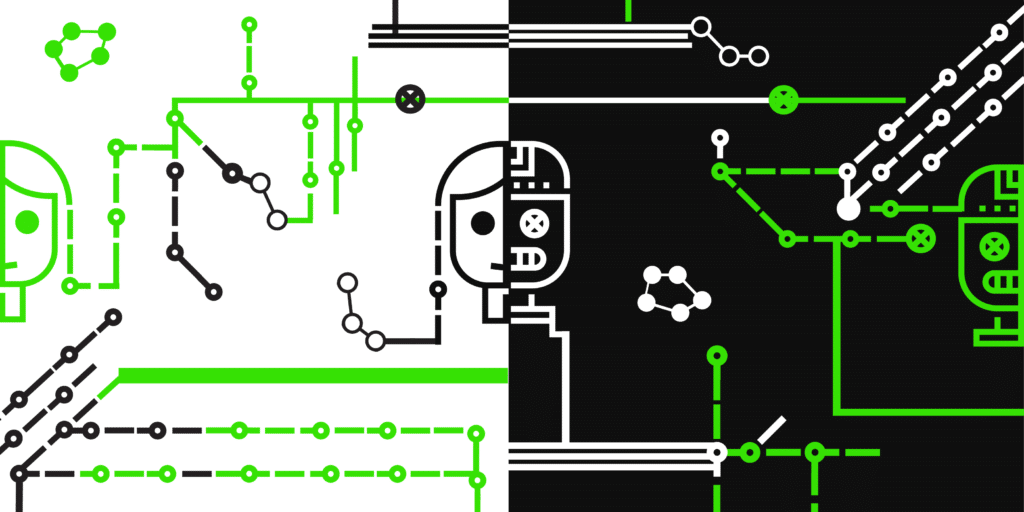Today we are proud to announce that we are joining as a new member of the Partnership on AI. The consortium was set up in September 2016 with the goal of formulating best practices on Artificial Intelligence (AI) technologies, to advance the public’s understanding of AI, and to serve as an open platform for discussion and engagement. We are joining leading researchers, civil society organizations, and companies to advocate for AI systems to be individual-centric and to respect human rights.
We look forward to working with key actors in the field to contribute and establish evidence-based policies and best practises that will ensure that the use of AI systems is for the benefit of people and society and to create and enforce accountability mechanisms for any potential risks and harms to human rights.
Access Now recognises that ethical principles, such as respect for human autonomy, prevention of harm, fairness, and explicability must be at the forefront of any AI guidelines but they can only be a first step. Using ethics as a policy tool is not sufficient and it must be matched with the enforcement of existing and development of new, binding safeguards.
Access Now’s Fanny Hidvegi is a member of the European Union’s High Level Expert Group on Artificial Intelligence (HLEG) and has already contributed to the EU’s “Ethics Guidelines for Trustworthy AI”. This partnership will give us a unique opportunity to continue this work on a broader scale. It is essential to appoint a balanced mix of business and civil society representatives to deliver on policy development, and on ethical, legal, and societal issues related to AI. Our contribution along with other civil society partners can offer a more grounded and impartial outcome.
Going forward, we are eager to build upon the crucial work that the Partnership on AI have already begun to establish. Access Now will contribute toward research on the impact of AI systems on human rights, developing policy recommendations that stakeholders can implement in their everyday practices and advocating for enforcement and accountability mechanisms. Furthermore, we will make sure that we uphold and defend the inclusion of impacted and at-risk groups and communities.
